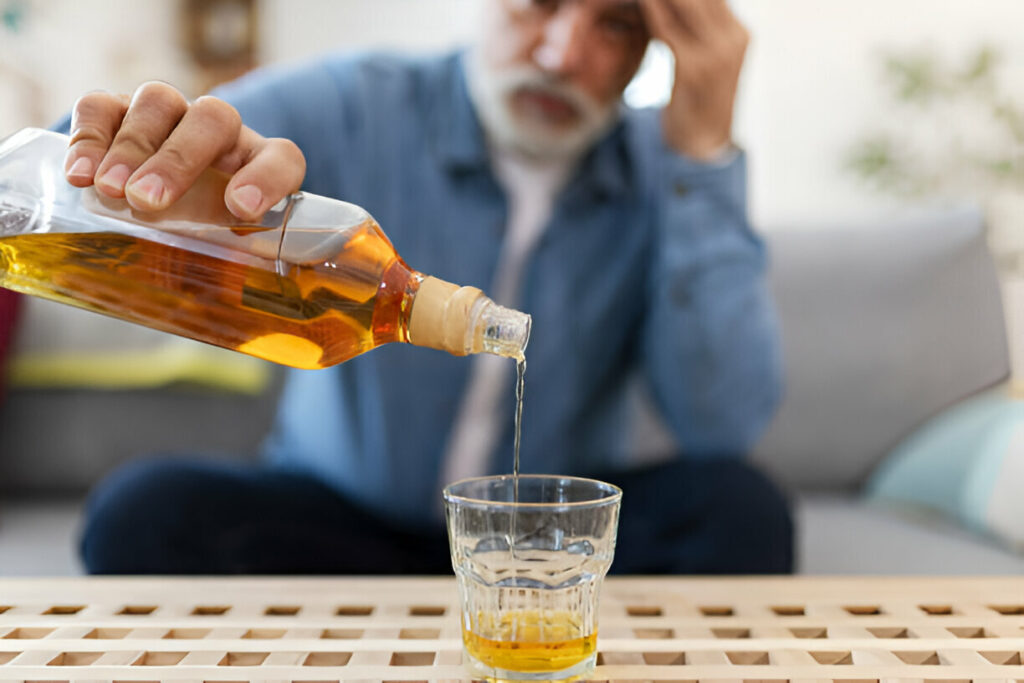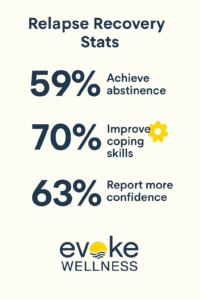You Made It 90 Days. Then You Relapsed. Now What?
Let’s get something out of the way right now—relapse doesn’t mean you’re broken. It doesn’t erase your progress. And it sure as hell doesn’t mean you failed.
I’ve been there. I’ve had the 90-day chip in my pocket and still found myself in front of a drink I swore I’d never touch again.
It’s messy. It’s painful. But it’s also part of how many of us figure out what recovery really looks like. You’re not starting over—you’re starting smarter. Let’s talk about why relapse happens, how normal it is (because it is), and what alcohol addiction treatment can teach you the second, third, or tenth time around.
Relapse Happens—And It Doesn’t Erase Your Progress
If you’re reading this from the pit of a relapse, listen up: You didn’t “lose” your sobriety. You had sobriety. You had 90 days of it, or 60, or maybe just a week—and that still counts.
Relapse isn’t proof that you can’t stay sober. It’s proof that addiction is a chronic condition, not a broken will.
At Evoke Wellness Ohio, we don’t see relapse as failure. We see it as information—information that something in your recovery plan needs attention. Alcohol addiction treatment isn’t about perfection. It’s about getting back on your feet, again and again, until your footing gets stronger.
Why Do People Relapse After Alcohol Addiction Treatment?
There’s no one answer—just like there’s no one reason people start drinking in the first place. But there are common threads.
Stress. Loneliness. Old friends who “just stop by.” Thinking you’ve got it all figured out and letting small habits slide. Trauma you haven’t worked through yet. Life showing up sideways when you least expect it.
One of the most dangerous things after 90 days is thinking you’ve “graduated” from recovery. In reality, the first three months are just the warm-up. Recovery gets real when life gets real—and sometimes you find out the hard way that you need more tools in your kit.
Relapse isn’t weakness. It’s a signal.
Relapse Rates Are Common—But So Is Long-Term Recovery
If you’ve relapsed, you probably feel like the only person who couldn’t hold it together. Spoiler: you’re not.
According to the National Institute on Drug Abuse, relapse rates for substance use disorders hover around 40-60%—similar to other chronic illnesses like hypertension or diabetes. This doesn’t mean recovery doesn’t work. It means recovery takes maintenance.
Plenty of people relapse once, twice, or several times before they get stable long-term. Every time you get back into alcohol addiction treatment, you’re learning, recalibrating, and building a sturdier version of your recovery foundation.
You’re not broken. You’re adjusting.
What Alcohol Addiction Treatment Can Teach You After Relapse
Here’s what nobody tells you: relapse doesn’t bring you back to square one. It brings you back with experience you didn’t have before.
You know your triggers more intimately. You know what warning signs you missed. You’ve felt how fast “one drink” can spiral.
At Evoke Wellness Ohio, returning to treatment means we don’t throw you into the same exact program—you work with your team to address the gaps. Maybe you need deeper trauma therapy. Maybe you need medication support you were hesitant about before. Maybe you need to strengthen your aftercare or alumni connections.
Relapse is feedback. Alcohol addiction treatment is where you turn that feedback into action.
You Can Learn to See Relapse Without Shame
The voice in your head after a relapse? It’s loud. It says, “See, you’ll always screw this up.” “You wasted everyone’s time.” “You’re hopeless.”
It’s lying.
Recovery is not about the absence of relapse—it’s about the presence of resilience.
When you step back into treatment after relapse, you’re rewriting that voice. You’re choosing to stand up, wipe off the dust, and say, “I am worth another try.” You learn to approach your recovery like someone fixing a leak in their house—not burning it down because of one crack.
No one shames a diabetic for needing more insulin. No one shames you for needing more recovery support. Not here.
Alumni Have One Secret Weapon: You Know You Can Do This
The first time you went to treatment, you had no idea what to expect. This time? You know what works for you. You know what parts felt helpful and what parts didn’t land. You know which staff members to reach out to and which therapy approaches helped you open up.
That’s power.
When you come back, you’re not a rookie. You’re a returner with insight. You’re a survivor who knows exactly how much strength you’re capable of. That knowledge is what makes your next chapter stronger—not your relapse.
FAQs About Relapse and Alcohol Addiction Treatment
Is relapse normal during recovery?
Yes, it’s common. Relapse rates for substance use disorders are similar to other chronic illnesses. Many people experience setbacks before long-term stability.
Will I be judged for relapsing?
Not at Evoke Wellness Ohio. We meet every returning client with compassion. Relapse is not failure—it’s part of the process for many.
Do I have to start over completely after relapse?
No. Your treatment plan will be adjusted to address what you’ve learned from your relapse, not reset you to day one.
Can I prevent future relapses?
You can build stronger prevention strategies. Treatment focuses on identifying triggers, coping tools, aftercare planning, and community connection to lower relapse risk.
What should I do after relapsing?
Reach out as soon as possible. The sooner you reconnect with your recovery community or treatment center, the easier it is to stop the spiral and reset.
You Are Not Your Relapse—You Are Your Recovery Story
You don’t need to spiral further. You don’t need to sit in shame. You’ve already shown you can build sobriety—now it’s time to strengthen it.
Relapse doesn’t have the final word. You do.
Call (866)430-9267 to reconnect with our Alcohol Addiction Treatment programs in Hilliard, Ohio, and turn this moment into your comeback.



